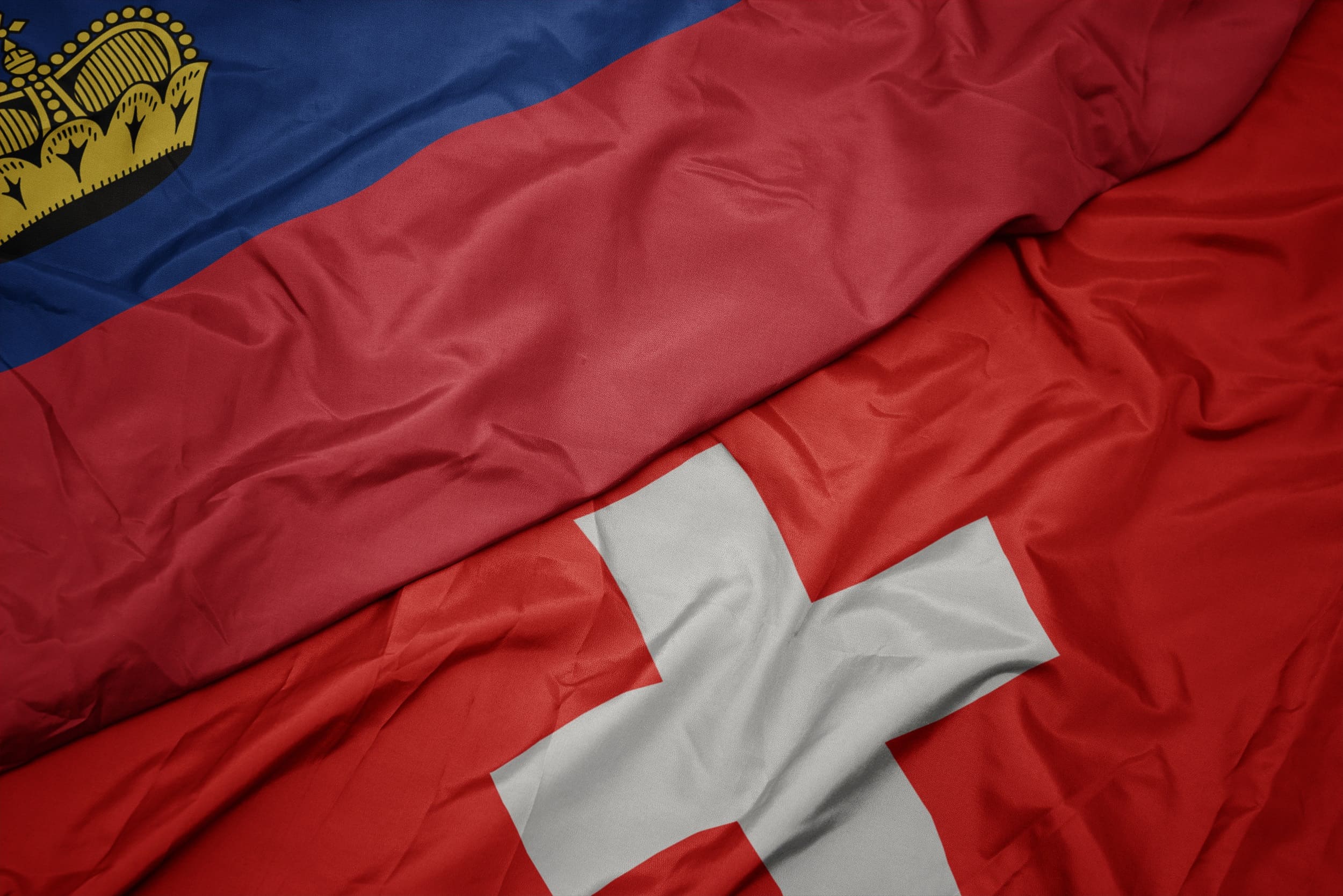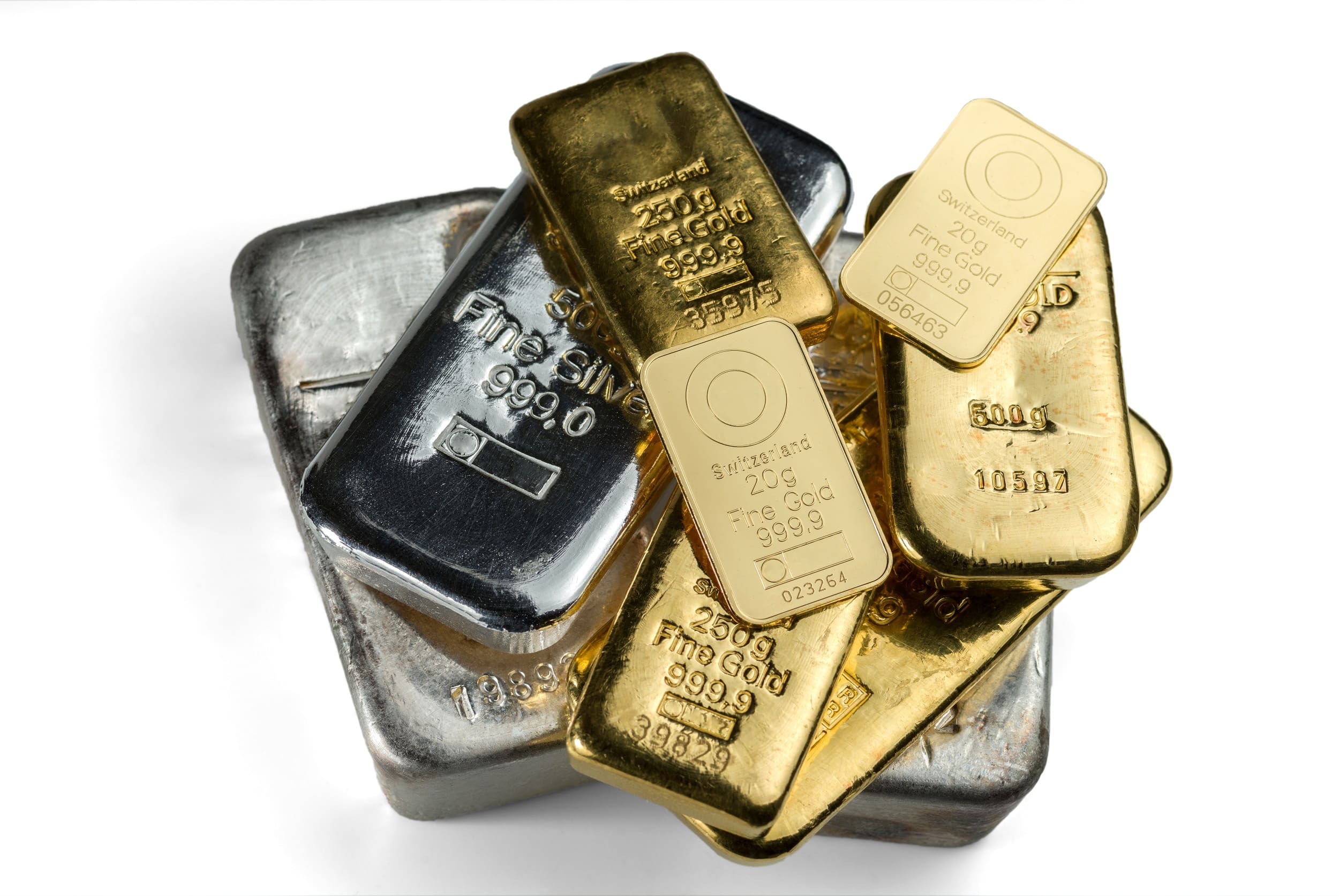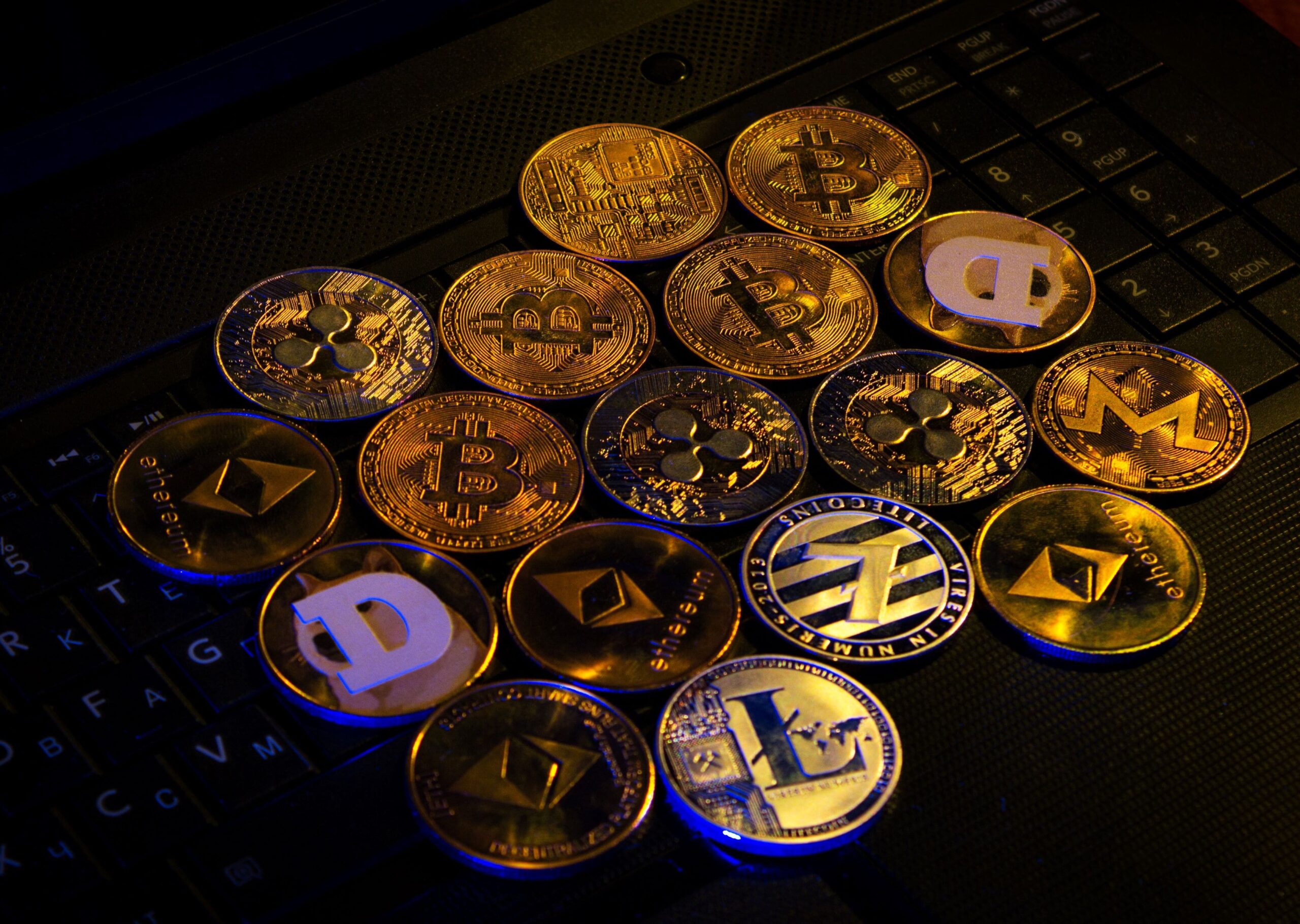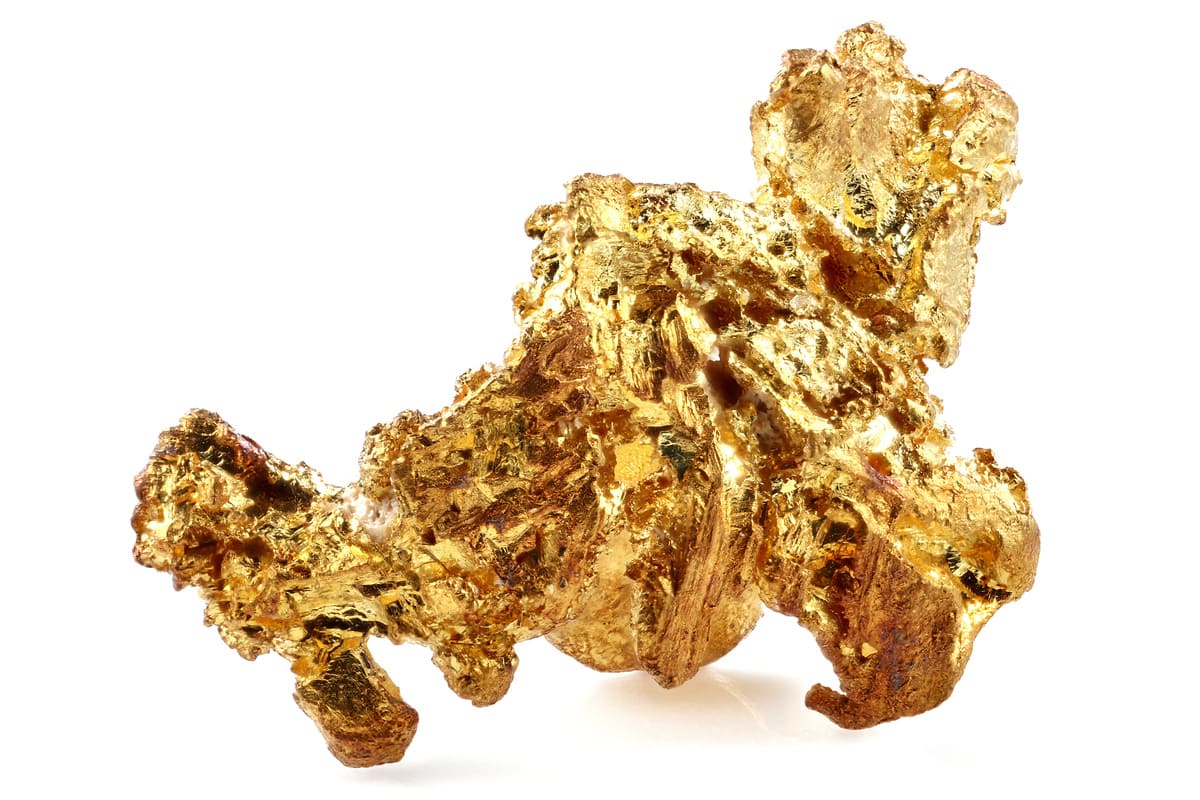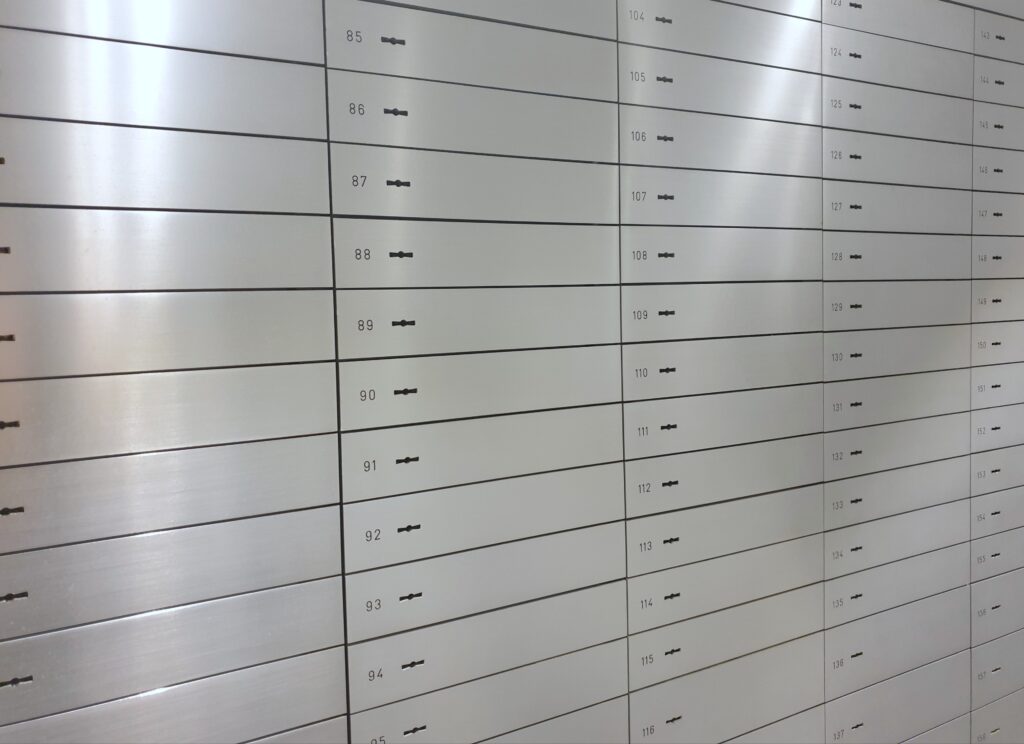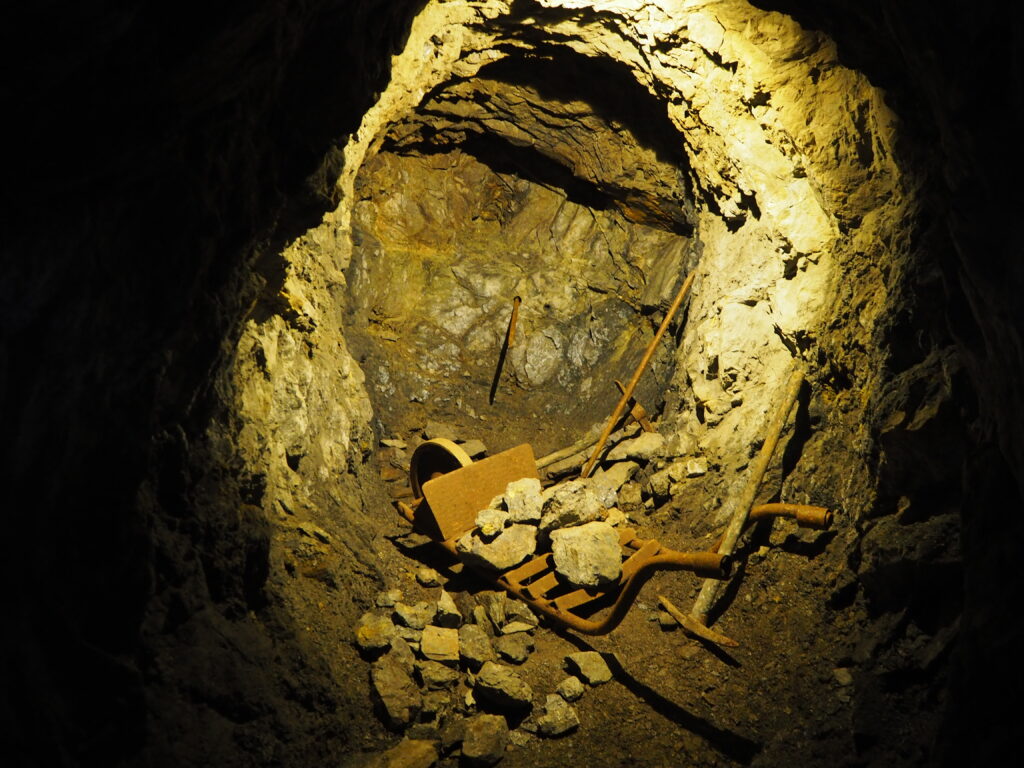Protection of assets in a safe deposit box or individual custody in Switzerland
Additional information > Services, clients and facilities > Asset protection via a safe deposit in Switzerland
How to alleviate fears of burden equalization and special surtaxes
Despite rapid government intervention, the recurrence of international banking crises like the one in 2008 remains a threat. Many people, especially the wealthy, are aware that surtaxes can be levied in such circumstances, with high-debt economies looking to avert state bankruptcy by sharing their financial burden. Such measures are unthinkable in independent Switzerland, which remains an ideal location for wealth protection via individual custody or safe deposit boxes.

© eyetronic - stock.adobe.com
In fact, Switzerland’s active democracy offers vital protection against such economic burden equalization mechanisms. In the financial sector, such actions are also known as ‘haircuts’. This technical term refers to a markdown of the value of an asset, expressed as a percentage. For example, after a haircut of 20%, an asset previously worth CHF 1 million is then treated as if it were only worth CHF 0.8 million. The state would thus collect the difference between the market value and the subsequent revised calculation as a one-off tax.
Let’s look at a concrete example from the past: After the Second World War, the so-called Burden Equalization Act (LAG) was introduced in Germany. The aim was to compensate for financial losses and other disadvantages caused by the war and its aftermath, especially damage and destruction caused by bombs or similar projectiles. To fund this compensation scheme, those who had significant assets left (mainly intact property) had to pay a burden equalization levy. The amount of taxation was thus based on available assets. Even today, the question of some kind of “wealth tax” is regularly raised in discussions about financing the German state budget in the event of geopolitical incidents or energy crises.
However, it’s not only Germany that has been affected by haircuts in the past. During the euro crisis of 2013, rich bank customers in Cyprus were asked to pay compulsory levies. The central bank of Cyprus retained up to 60% of customer capital above a value of 100,000 euros. In some cases, wealthy customers received just 37.5% of their deposits. The high inflation rates in Italy (up to 21%) in the 1970s and 1980s can also be seen as back-door expropriation, because the devaluation of the Italian lira was a policy more or less consciously pursued by the state and its central bank.
As already mentioned, Switzerland is a world away from such drastic measures and domestic inflation. In any case, Swiss voters are inherently critical of new taxes. So any similar kind of surtax or special levy would never gain majority acceptance. Moreover, unlike most other countries, citizens in Switzerland are entitled to a direct vote on any changes to the law.
Protect your gold or valuable assets from burden equalization measures by using Switzerland as a safe haven.
Switzerland’s sound public finances
While other countries in Europe and the rest of the world are struggling with high national debt, Switzerland’s debt burden is extremely low. Furthermore, the country’s national wealth is very high in relation to its national debt. According to a February 2023 forecast by the Statista Research Department, Switzerland’s national debt will amount to CHF 214.25 billion by 2026. As a result of coronavirus support measures in 2020 and 2021, the national debt ratio rose to almost 30%. But analysts forecast a downward trend in the following years, due to continuing year-on-year increases in GDP (gross domestic product).
Compared to other countries, the economic performance of Switzerland’s various regions and cantons is well balanced. Because of Switzerland’s federalist structure, the cantons have various economic mechanisms at their disposal, giving them the opportunity to fashion custom responses to meet different individual challenges.
Of course, all of this is only possible if the overall national debt remains at a low level. And here, the most important factor is a balanced state budget, which makes it possible for the population’s assets to remain untouched. To ensure this aim, a government debt brake was introduced in 2003 to prevent politicians from running up deficits. Swiss law thus prohibits state leaders from spending more money in an economic cycle than is available beyond revenue receipts. Any debts incurred in challenging economic periods must be paid off again once the situation eases. This means Switzerland is optimally equipped to prevent state bankruptcy.
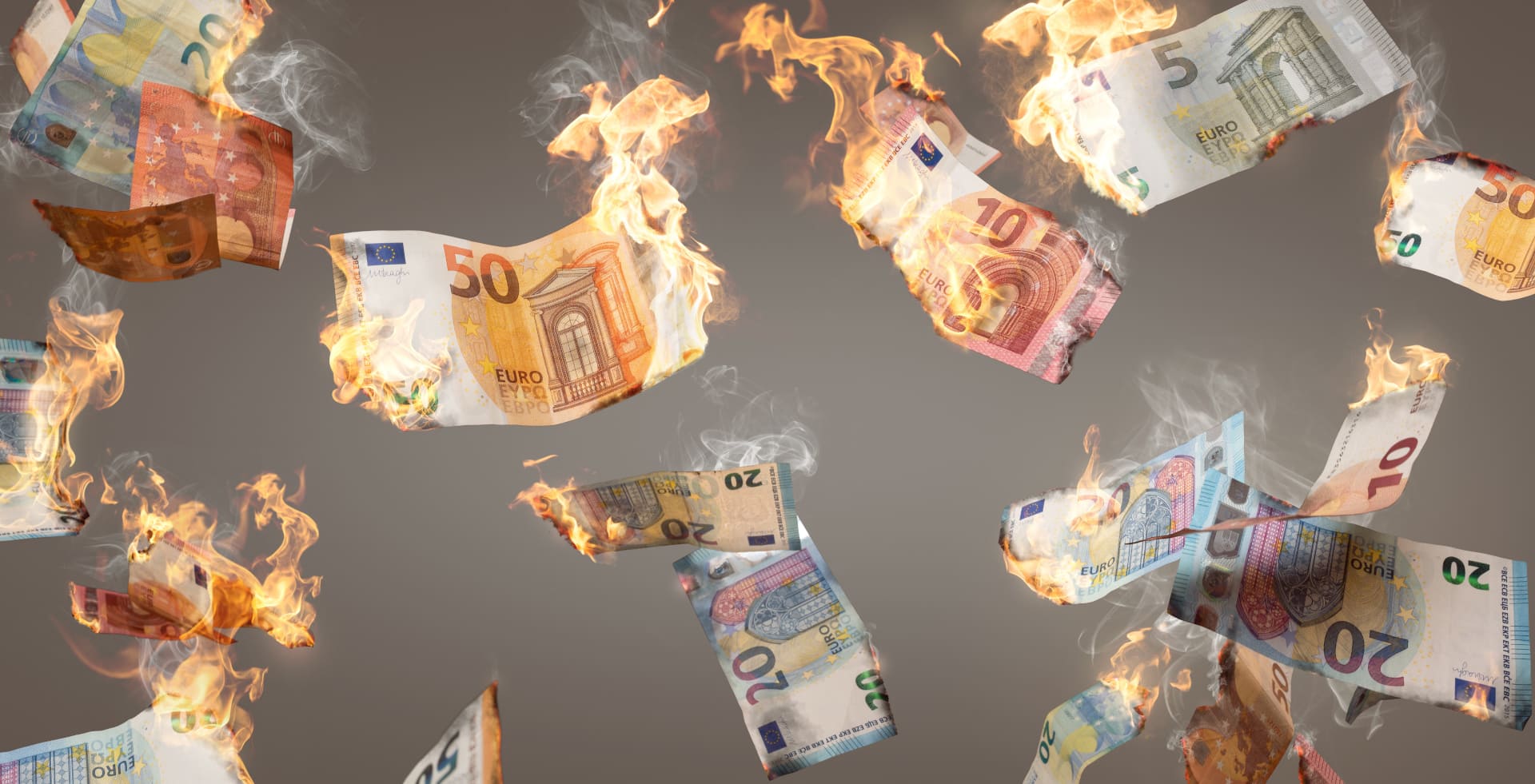
© photoschmidt - stock.adobe.com
Independence preserves wealth and strengthens purchasing power
Like other countries, Switzerland is closely linked to its most important economic partners, and maintains trade relations with the whole world. After the USA, China and Great Britain, Switzerland is the fourth largest EU (European Union) business trading partner, accounting for around 7% of European foreign trade. Half of all Switzerland’s exports go to the EU. Yet it is neither a member of the EU nor the European Economic Area (EEA). This allows Switzerland to maintain a high degree of freedom and independence in its decision-making. Among other things, this includes full control of its own currency – the Swiss franc – which enjoys an excellent reputation as one of the strongest and most stable national currencies in the world.
While many states and their populations are dependent on the decisions of their politicians or political alliance partners, Switzerland is free to shape its own laws and tax policy. Nowhere else in Europe enjoys such a record low rate of VAT (7.7%). The rate will be raised to 8.1% on January 1, 2024. This adjustment, which has been approved by the Swiss Parliament following a national referendum, is a provision to ensure the Swiss Pension System (AHV) remains properly funded to cover the needs of older age citizens.
A low VAT rate also helps to ensure moderate producer prices, even when general price increases occur – contrast this with many other European countries where VAT rates range from 17 to 27%. For precious metal investors, for example, this means they can acquire significantly more silver product for their capital in Switzerland than elsewhere in the EU, where transactions are subject to VAT at a rate of at least 15%.
Protect your assets from haircuts via a Swiss safe deposit box
All options are open if you want to keep some of your asset wealth safe and secure in Switzerland. Cash (e.g. in Swiss francs) or precious metals can be safely stored in bank-independent safe deposit boxes without fear of attracting taxes or a special levy. This form of discreet storage is suitable for high net worth individuals from all over the world.
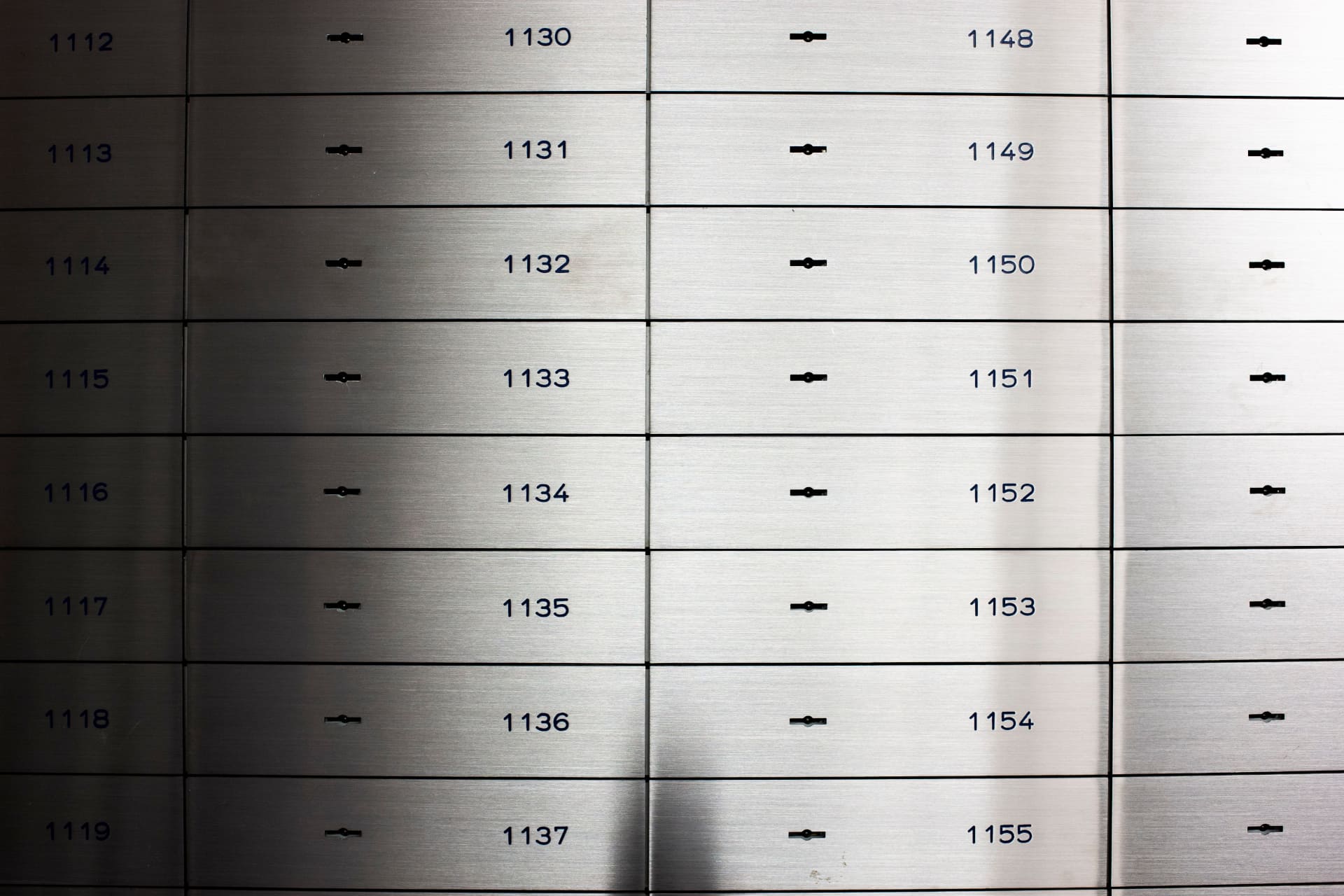
© Robert Poorten - stock.adobe.com
This prudent form of asset protection is a legitimate measure which involves no unjustified tax advantages or illegal money laundering. Investing or depositing money or other valuables abroad is entirely legal, provided individuals and/or businesses meet the requisite tax obligations in their own country.
Swiss Gold Safe’s privately run, bank-independent safe deposit boxes in Switzerland are suitable for storing cash or gold investments. Such facilities offer state-of-the-art high-security, protection of privacy and maximum flexibility. Just see for yourself!
Precious metal protection via individual custody in Switzerland
If you prefer to invest your assets in precious metals, once again, you will find suitable storage solutions in Switzerland. Switzerland is considered a safe haven for gold, primarily because it protects individual property rights like no other jurisdiction in the world. The mere storage of precious metals is not subject to any state controls, and private depositories are not subject to any obligation to provide personal information to third parties, as banks are for example.
In addition to safe deposit box protection, flexible storage areas in Switzerland under individual custody (segregated storage) arrangements are also available for the protection of gold assets. This system ensures all investment gold is recorded in the name of the owner using the respective bar and/or seal numbers. In contrast to the usual collective storage arrangements, allocated and segregated storage (individual custody) ensures the self-same original goods delivered to the depository are later returned to the owner 1:1 – instead of just receiving back items of equivalent value.
Bank-independent individual custody at Swiss Gold Safe offers investors abroad, or those with restricted mobility, an optimal solution for the safe storage of precious metals. In addition to gold bars and coins, VAT-free storage of investment silver investments in a bonded warehouse is also available. Discover full details about segregated storage of precious metals and storage of other valuable assets.
Asset protection in Switzerland at a glance
- After the global banking crisis in 2008, many people fear their assets may be at risk of further devaluation through burden equalization surtaxes.
- There are no fears such measures might be deployed in Switzerland, where asset wealth is protected by the collective will of a Swiss population determined to uphold individual property rights.
- Switzerland has a low national debt thanks to the intelligent economic management practised by individual cantons. A debt brake mechanism, controlled by Swiss citizens, prevents politicians from making rash, unpopular decisions.
- The state is independent and determines its own laws: Switzerland is neither a member of the EU nor of the EEA. The strong Swiss franc is internationally regarded as a very stable currency.
- With a rate set at just 8.1% (from January 2024), Switzerland’s VAT levy is by far the lowest in Europe.
- To protect against burden equalization measures or special surtaxes, cash (e.g. CHF) and investment gold can be stored in privately managed, bank-independent safe deposit boxes in Switzerland.
- Precious metals can be affordably stored under individual custody arrangements in Switzerland. Duty-free warehouses are also available for VAT-free storage of investment silver.


